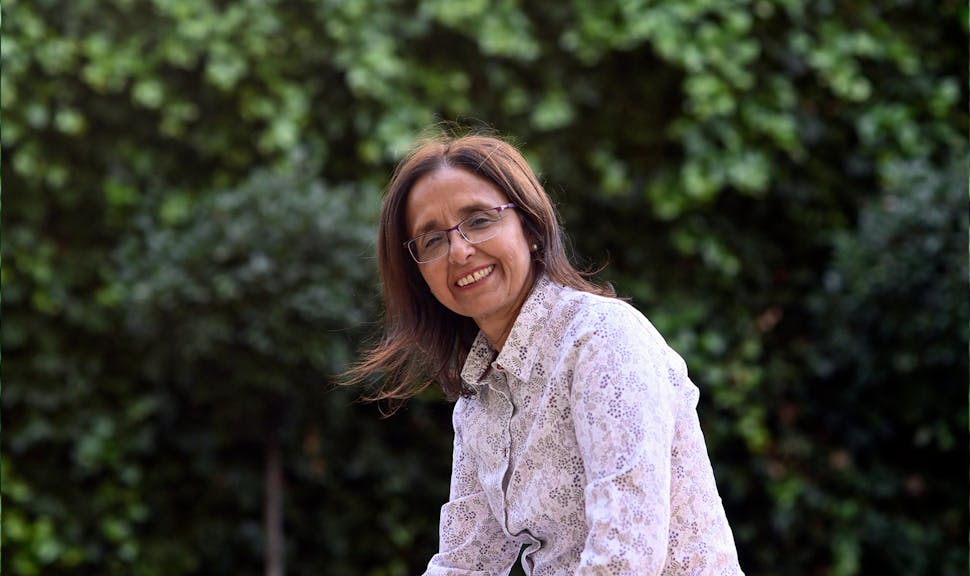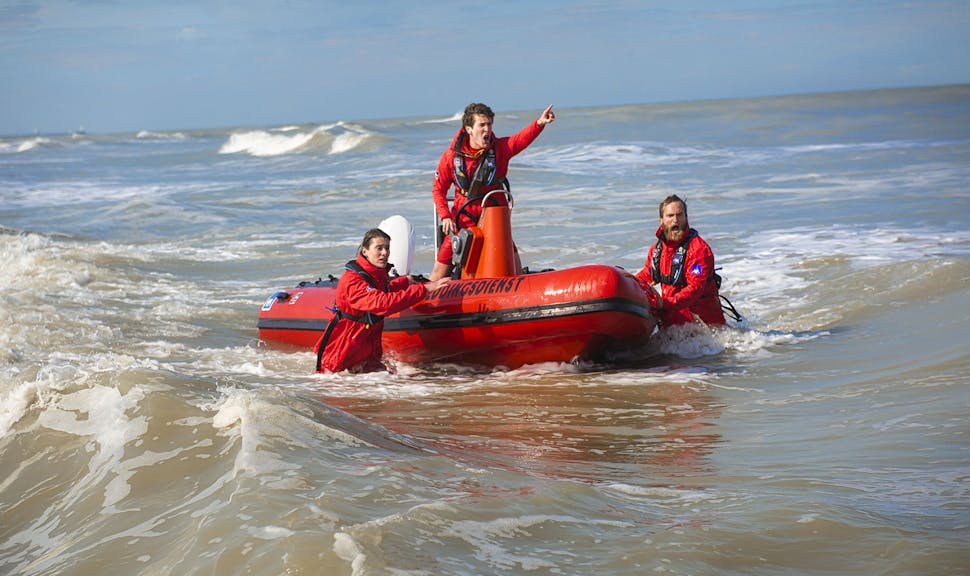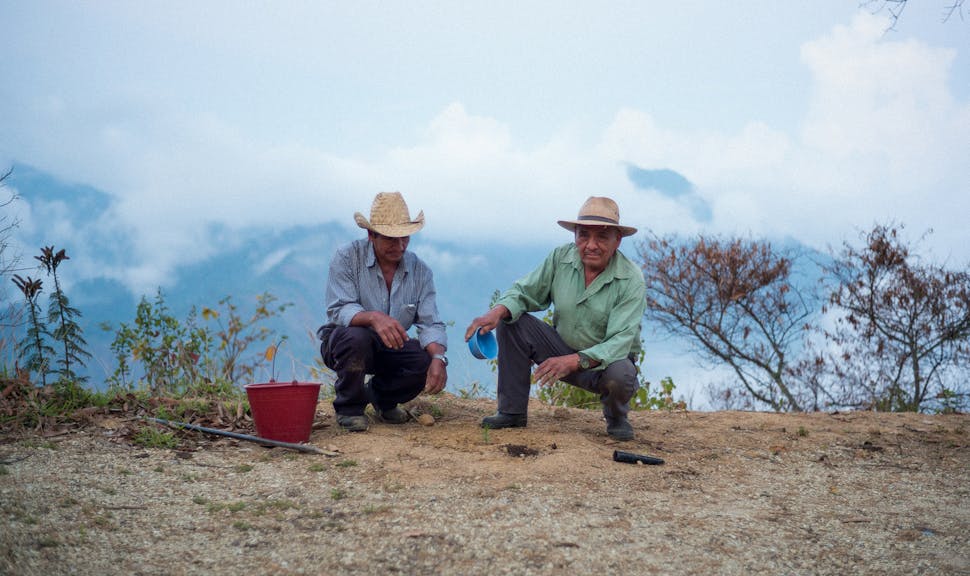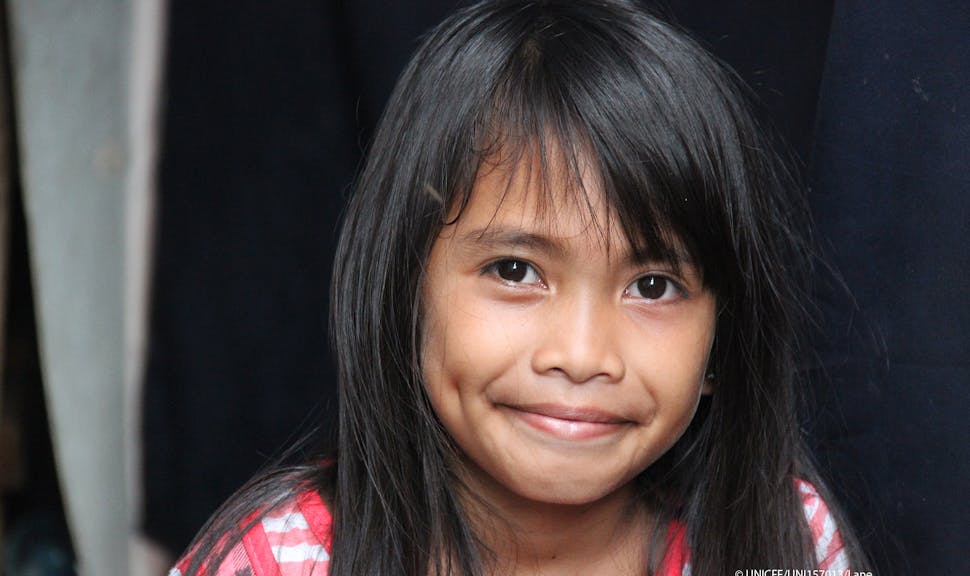
January 17, 2016
Mexico: changing the culture of climate change
5 minutes
Mexico and its SMEs are particularly vulnerable to the effects of climate change. According to Business Unusual
- an AXA report released in collaboration with Principles for Sustainable Insurance and the UN Environment Programme Finance Initiative - 66% of SMEs in emerging markets such as Mexico are already experiencing effects of climate change on their businesses, with 11% of these extremely affected
. And 84% of interviewees believe the consequences of climate change pose a growing risk to their business in the long term.
According to the same report, Mexico’s rapidly urbanizing population makes it even more susceptible to climate change, as cities concentrate risk and assets in a small area (making extreme weather events that much more damaging).
As one of the world’s largest and most exposed megacities, Mexico City is particularly vulnerable.
Rodrigo Chamery agrees. As Director of the Chamber of Commerce for Tlalpan, Mexico City’s southernmost district, he’s spearheading a special climate mitigation and adaptation program that specifically targets local SMEs, inspired by recent Mexican environmental legislation and recommendations from institutions such as the International Bank for Reconstruction and Development.
The government has come up with ambitious goals, such as a certain share of renewables in the energy mix,
he says.
Chamery’s team at the Chamber of Commerce is responsible for setting out climate change targets, and his task force is holding ongoing workshops and conferences on how production processes can be made more sustainable, with attendees ranging from CEOs to salespeople, office managers to factory workers.
The idea is to create a positive dynamic so participants continue to act in an environmentally friendly way – even when they leave their work place,
Chamery said.
The program has participation and buy-in from around 40 large organizations, including Walmart de México, Coca Cola Femsa, General Motors México, BMW México, Novartis Farmacéutica, Grupo Pepsico México, Nestlé, Nissan de México and Audi México, as well as many local and national SMEs. These have collectively reduced electricity consumption, greenhouse gas emissions and improved solid waste management.
Mexico has historically been prone to extreme weather phenomena such as hurricanes, with the frequency and intensity of these storms increasing dramatically over the past decades. Therefore, Mexicans are particularly aware of the impact of global warming, and the country has implemented several action plans, including contingencies against very severe storms. For example, parts of the coastline where hurricanes are most likely to strike have recently been reinforced, and residents of these areas are evacuated three days before a storm is expected to make landfall, with the army deployed to help with reconstruction work.
The country voted through special climate change legislation three years ago. The aptly-named Ley de Cambio Climático (literally The Law of Climate Change) sets out an ambitious objective to bring down the country's greenhouse gas emissions by 20% by 2020, and by 50% thirty years after that, in 2050. Central, regional, and local governments are to come up with six-year plans to implement adaptation and mitigation plans. The law includes areas such as solid waste management, sustainable agriculture and conservation of natural resources.
Mexico is among the first countries with such far-reaching climate change legislation, arriving just a few short years after Europe announced its famed 2020 targets in 2009 (that piece of legislation featured reduction of greenhouse gas emissions, compared to 1990 levels, by 20%, generation of 20% of energy through renewables and a 20% increase in energy efficiency).
In addition, a large part of Mexico’s businesses, those most affected by hurricanes, such as farms, hotels, and logistics companies, have come up with their own action plans, even if they’re not able to attend workshops like those held by Chamery. Many logistics companies now work to entirely suspend services when they see a storm approaching, bringing drivers and lorries to safety, with many of these organizations having relocated distribution centers away from storm-prone areas.
Of course, neither farmers nor hotels can easily relocate activities to keep out of a hurricane’s way, so many have implemented detailed mitigation policies. For example, more and more farmers are going into sustainable farming, to protect soil from erosion. And many hotels are beginning to produce at least some of their electricity via renewables. Additionally, farmers and hotels tend to purchase policies covering the effects of hurricanes (a company set to offer these services to Mexican organizations in the near future is AXA ClimateSecure, see sidebar).
But the above efforts are still a drop in the ocean, especially when it comes to farming, one of the company’s largest, most important sectors. A Mexican Urban Leader
from the Business Unusual
report sums it up with painful clarity: All these problems caused by climate change generate economic and social impacts… We have less water for farming irrigation, so the areas for crops are reduced, meaning we have fewer employment opportunities. We then produce less, leading to a lack of fodder for livestock and thus a shortage of cattle. This all generates migration.
There is more to be done.
Chamery says what might hold some Mexican companies back isn’t necessarily lack of resources: it’s usually a question of culture. Mexico is an emerging market, and many entrepreneurs are focusing mainly on developing and growing their business. It's particularly difficult to get through to micro, small and medium-size organizations, Chamery continues.
And they make up more than 99 percent of the country's companies, generating about 52% of GDP and employing more than 70% of the workforce. That's where the government and international institutions and banks are needed – they should provide them with cheap credit and offer tax rebates,
he added.
The country's environmental legislation does include plans for tax rebates, as well as other important measures, starting from the government buildings themselves. In fact, new regulation mandates they must generate at least 6% of their electricity via renewable sources. And many newer government buildings now feature environmentally-friendly azoteas verdes, or green roofs.
Check them out at greenroofs.com.
ClimateSecure is somewhat of a rarity: a French startup that offers innovative insurance against the effects of climate change.
European entrepreneurs are only now starting to understand the possible impact of climate change on their business,
says Nassim Amara, Head of Sales at ClimateSecure. He continues by explaining that the European market for such services, when compared to, say the US, isn’t anywhere near mature. But five years down the road, the market will have gained momentum,
he adds.
ClimateSecure is a joint venture of global capital fund AXA Strategic Ventures and meteorological consultancy Climpact-Metnext. The startup’s business scope includes analyzing an organization’s exposure to climate change risks and then proposing measures to reduce a certain set of climate risks and offering insurance for any remaining risks. Risk parameters include temperature, wind strength, the amount of rain and sunshine, yields, etc.
Amara is hoping to finalize agreements with the startup’s first clients in the near future (he’s in touch with at least one Mexican company) and deals with three of them are on the cusp of being confirmed.
One area with particular exposure to climate change risk is agriculture. ClimateSecure offers insurance against decreased yield, by paying out a certain amount per lost tonne per hectare. And there are other, less obvious potential clients. For example, energy and clothes producers could benefit from insurance against hot winters, the former as consumers would use less heating, and the latter as winter collections generate a considerably higher profit margin than summer collections.
ClimateSecure is also talking to several airports for its services. Extreme weather phenomena – i.e. very hot summers and freezing winters – are getting more likely, and airports will increase their need for insurance against strong snowfall and/or very low temperatures. Insurance would also cover, amongst other things, de-icing of planes and tarmac.
Amusement parks are also very dependent on the weather, especially during bank holidays, when numbers of visitors are disproportionately high. ClimateSecure can offer coverage that pays a certain amount per 0.1mm of rain, starting from the second rainy day on those weekends. A kind of coverage for fun, if you will.



